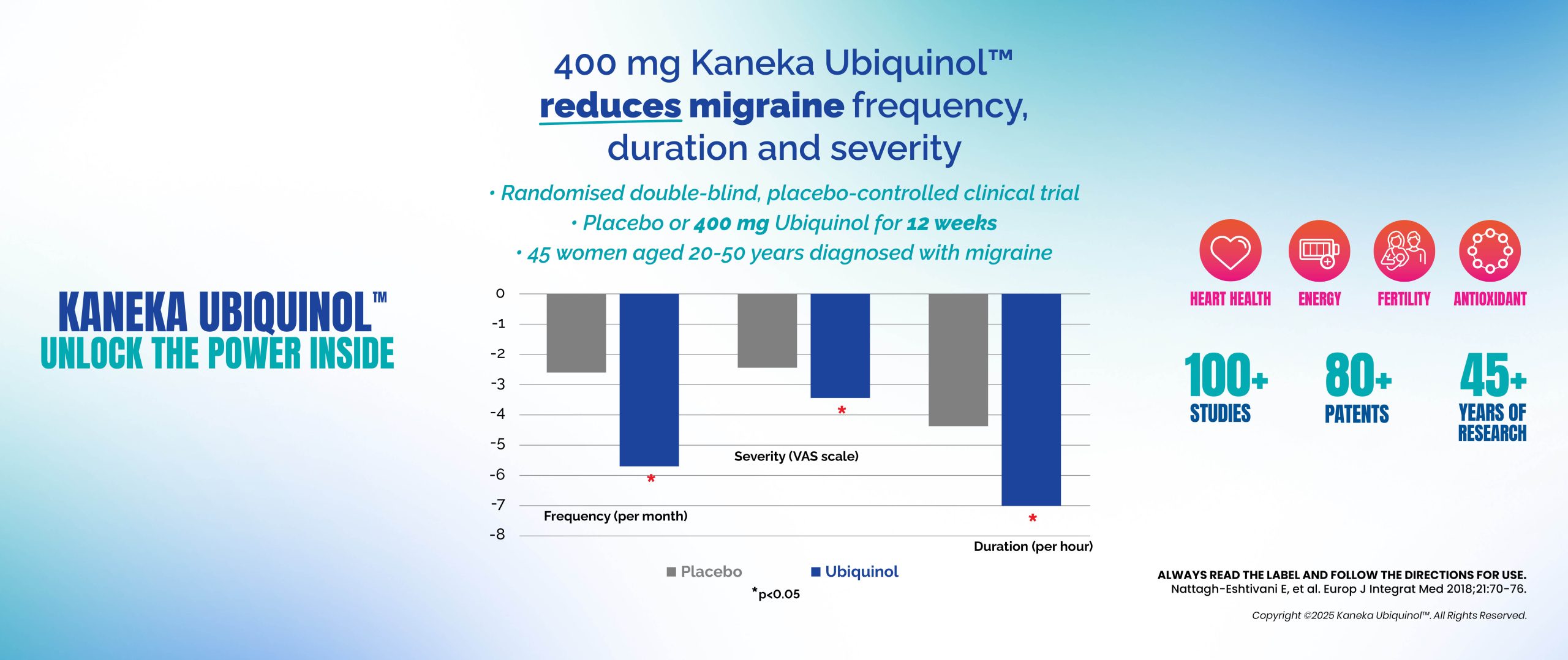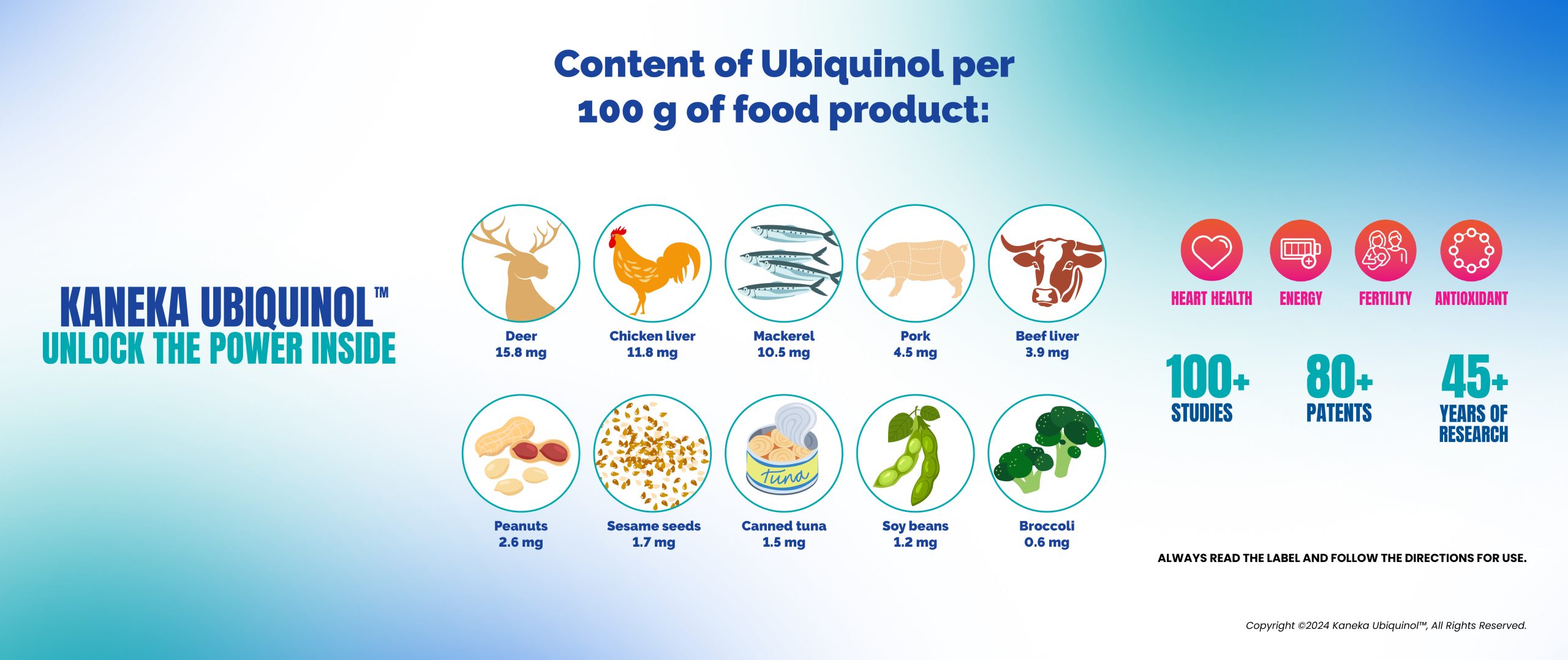HOW A COLD IS SPREAD
A common cold virus is spread through minute droplets – around 80 to 85 per cent of colds spread in this way. So, you may touch a door handle or a keyboard that someone has sneezed or coughed on and those infected droplets transfer to your hands and then you unknowingly transfer them to your mouth or nose and the infection takes hold. How can you reduce this transfer of germs? Wash your hands often and thoroughly with soap and water – the friction as you rub helps remove the droplets and germs.
COLD AND FLU TABLETS WILL BE ENOUGH
Cold and flu medications can help ease discomfort while you are sick, but prevention is just as important. You should take daily protection to avoid colds and flus in the first place. Ubiquinol, the active form of CoQ10, has been shown to help boost immunity, the active form of CoQ10, has been shown to help boost immunity, and can be taken daily in the form of a supplement. CoQ10 is a nutrient found in every cell of our body that provides energy to cells, protects them against damage and keeps our immune system fighting fit. Perfect for a time of year when your immune system is under siege.
A HEALING CUPPA
It’s true that a cup of tea can help when you are feeling run down. But the type of tea is crucial. Opt for matcha tea – a powdered green tea that has potent immune boosting ingredients. It’s highly concentrated and packed with germ-fighting antioxidants. Have it in a cuppa or add it to a smoothie.
A COLD AND FLU ARE THE SAME…
This is one of the biggest myths out there. The flu is far more debilitating and longer lasting – it’s much more than a nasty cold. We can get rid of a cold in days but the flu lasts for weeks and signs include fever, muscle and joint pain, severe tiredness, headaches and a dry cough. In severe cases, it can become bronchitis and pneumonia, so it’s important to look after yourself if you suspect you have the flu.
THE FLU VACCINE GIVES YOU THE FLU…
The flu vaccine triggers our immune system to get ready to fight flu by containing bits of the influenza or flu virus – but it can’t give you the flu. At most you will get a sore arm at the site of the vaccine and maybe a temperature for a day or so. If you do get flu around the time you have the vaccine, it’s more likely that you’ve already been exposed to the flu virus before the vaccine has had time to work. It takes up to two weeks for the vaccine to start working to protect you, but it’s worthwhile in the long run.
COLDS AND FLUS AREN’T A BIG DEAL…
We get around two to five colds a year that last between a week to 10 days, on average. They’re uncomfortable and make day to day life a little harder – but a cold is not as serious as the flu. Around 18,000 Australians a year end up in hospital because of influenza (flu) and it can be particularly risky for the elderly or for people who already have serious health conditions and so find it harder to fight infection. So, if you do get a cold or flu, take care of yourself, and don’t push beyond your limits. Try and boost your immune system, eat well and get as much rest as possible.











